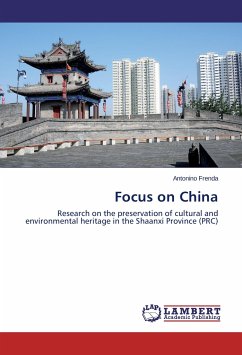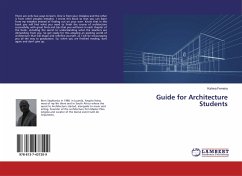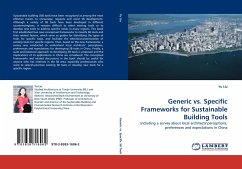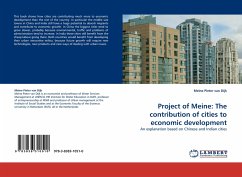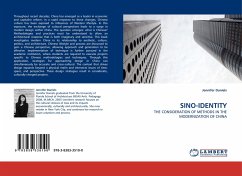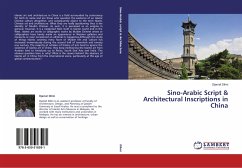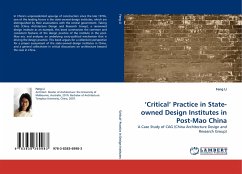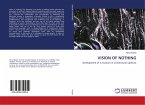The diversity of cultures and heritage in our world is an irreplaceable source of spiritual and intellectual richness for all humankind. All cultures and societies are rooted in the particular forms and means of tangible and intangible expression which constitute their heritage, and these should be respected. The respect due to all cultures requires that heritage properties must considered and judged within the cultural contexts to which they belong. From these considerations, emerged during the Nara conference in 1993, the author has carried out his critical and objective research. He gets rid of commonplaces about the chinese preservation practice in order to point out its actual dimension, frequently victim of fierce criticism, which does not take into account the cultural diversity between East and West. The political and social history of the PRC represents the background of the author s work.In fact he found in it answers, explanations and input for further considerations and queries. Frenda presents a series of case studies with a non-condemnatory approach, thus stressing strengths and weaknesses, good and bad practices as well as inconsistencies with binding legislations.

